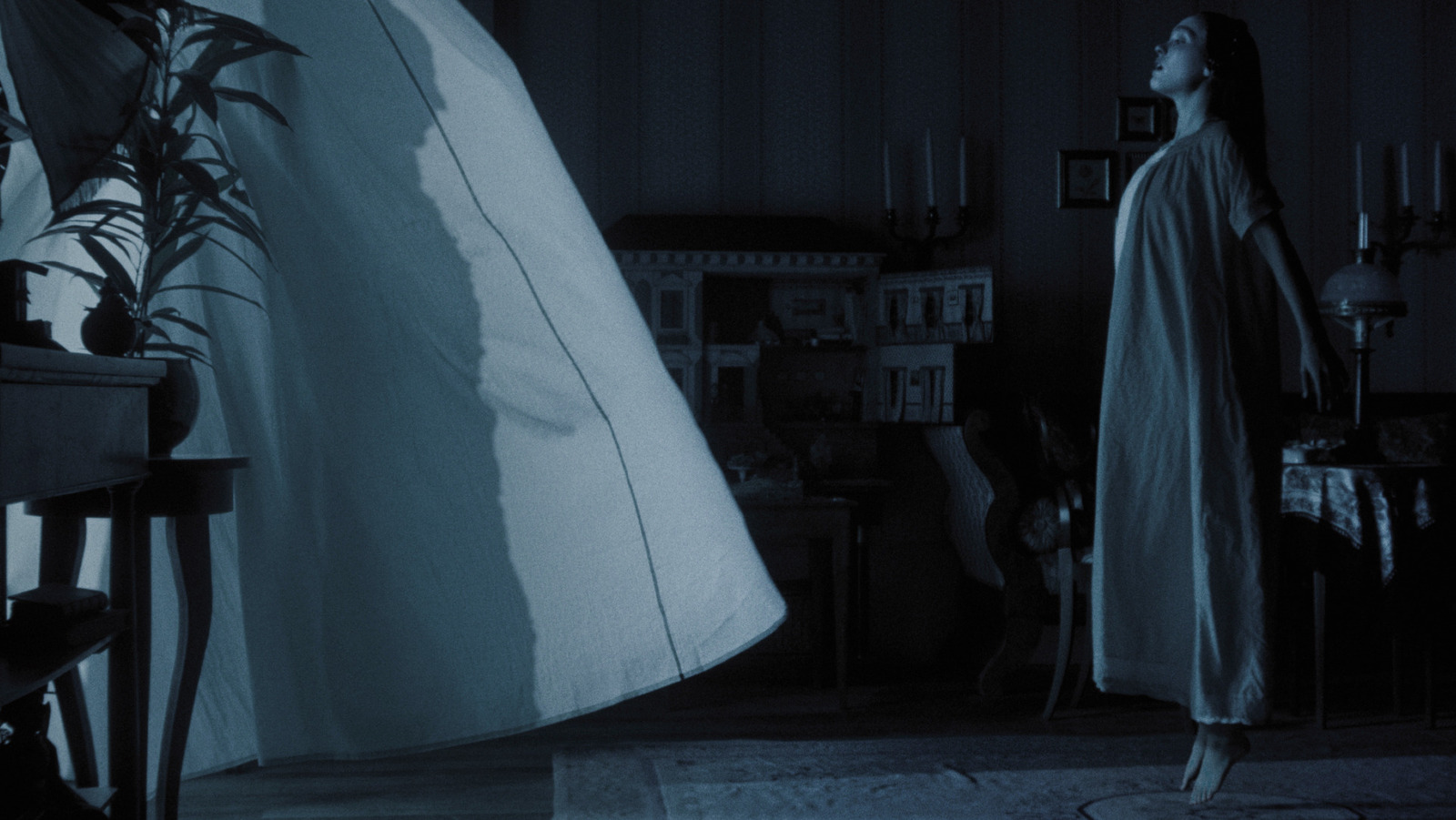
Spoilers for “Nosferatu” (2024) ahead.
In both Murnau and Eggers’ “Nosferatu,” Orlok is captivated by Ellen Hutter, just as Dracula was with Mina Harker. In both films, Ellen defeats the vampire by luring him to her bedroom, keeping him so busy feasting on her blood that he doesn’t see the sun rising to smite him. Ellen dies, but so does Orlok, and the plague he brought is lifted. Compare that to Stoker’s “Dracula,” where Harker, Van Helsing, and co. hunt down Dracula, stabbing and decapitating him.
In the aforementioned Screen Rant interview, Eggers added that Ellen’s sacrifice gives the story extra power for him:
“Something that I really loved about the Murnau film is that it ends with the female protagonist being the heroine. I thought that it would be potentially more exciting if the whole film is told through her eyes, because it had the potential to be more emotionally and psychologically complex than an adventure story about a real estate agent. As much as it is a scary horror movie — and it is, there’s even jump scares — it is a gothic romance, and it’s a tale of love and a tale of obsession.”
Francis Ford Coppola’s extravagant “Dracula” made the Count (Gary Oldman) and Mina (Winona Ryder) into genuine, reciprocated lovers — Mina was the reincarnation of Dracula’s lost love, Elisabeta, you see. Eggers’ “Nosferatu” similarly gives Orlok and Ellen a history, but not a truly romantic one.
In keeping with Eggers’ comments on centering the film around Ellen, the nouveau “Nosferatu” opens during her childhood. Ellen, her face barely peeking out of the darkness, is praying for a companion to ease her troubles; Orlok answers her call as a Bad Samaritan, amplifying her melancholy rather than curing it. As Ellen explains later, she only cast out Orlok when she met her true love, Thomas, but Orlok never forgot her. Thomas Hutter isn’t summoned to Orlok’s castle by chance; no, the vampire wants him dead so he might reclaim Ellen.
The ending of Eggers’ “Nosferatu” hits the same beats as Murnau, but as Roxana Hadadi wrote at Vulture, it gains new power as a woman destroying her abuser by owning her sexuality. Depp, at least, found Ellen to be an “incredibly empowering” character to play (via Deadline):
“Ellen’s perspective is one that we’ve never gotten to see in such a central way as this one, and Rob made the deliberate choice to make Ellen’s perspective the central one. And we see the story really unfold through her eyes, which I think was such a beautiful thing, and was an honor for me to play.”
I love Coppola’s “Dracula” and all its romantic passion, so I’m not saying Eggers’ approach is inherently better. But when a story is over 100 years old, you’ve got to try something different each time you retell it. Eggers’ didn’t call the movie “Dracula,” but his “Nosferatu” is an effective merging of the two modern, competing characterizations of the vampire: a monstrous predator and an obsessive lover.
“Nosferatu” is now playing in theaters.







